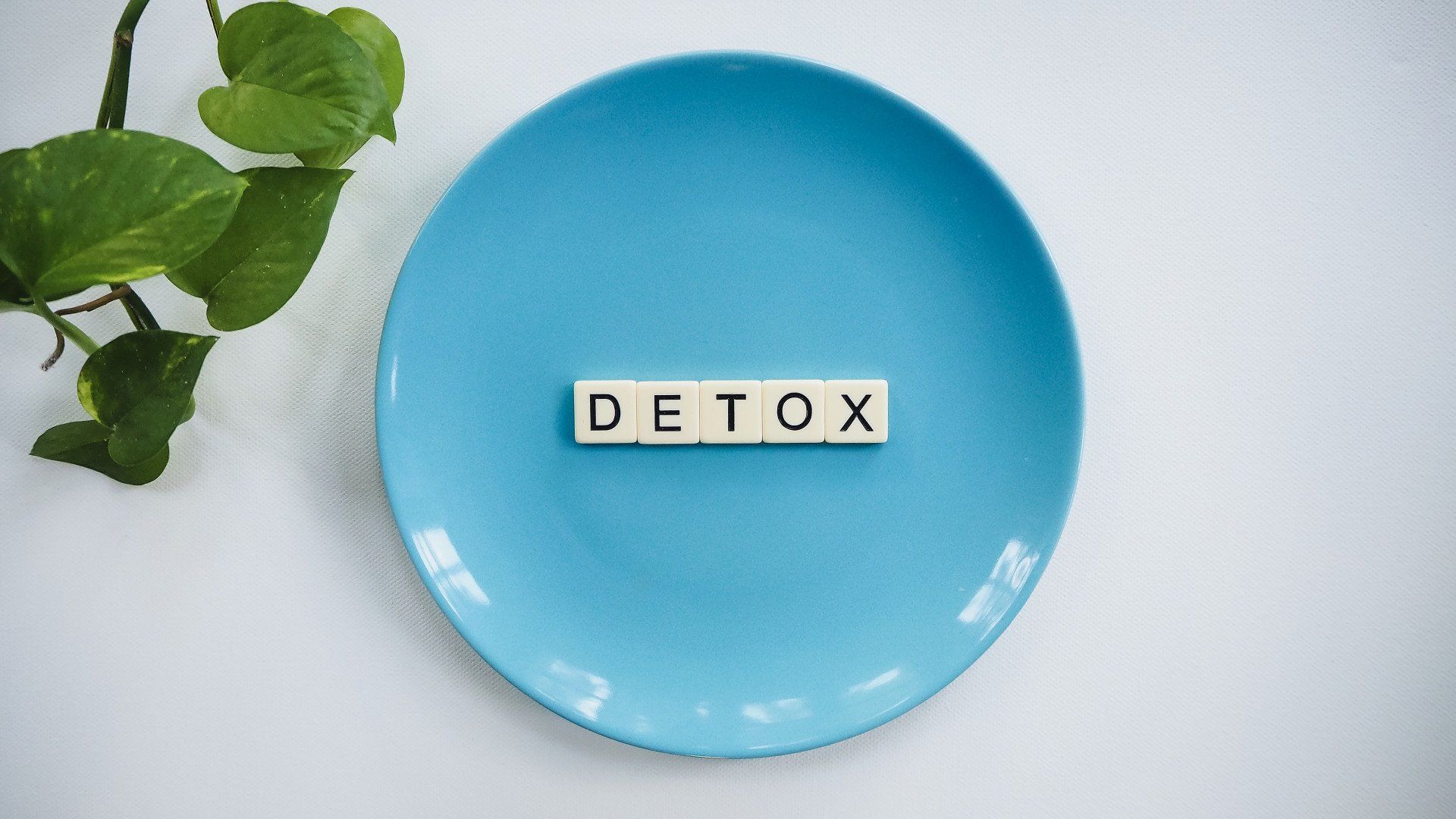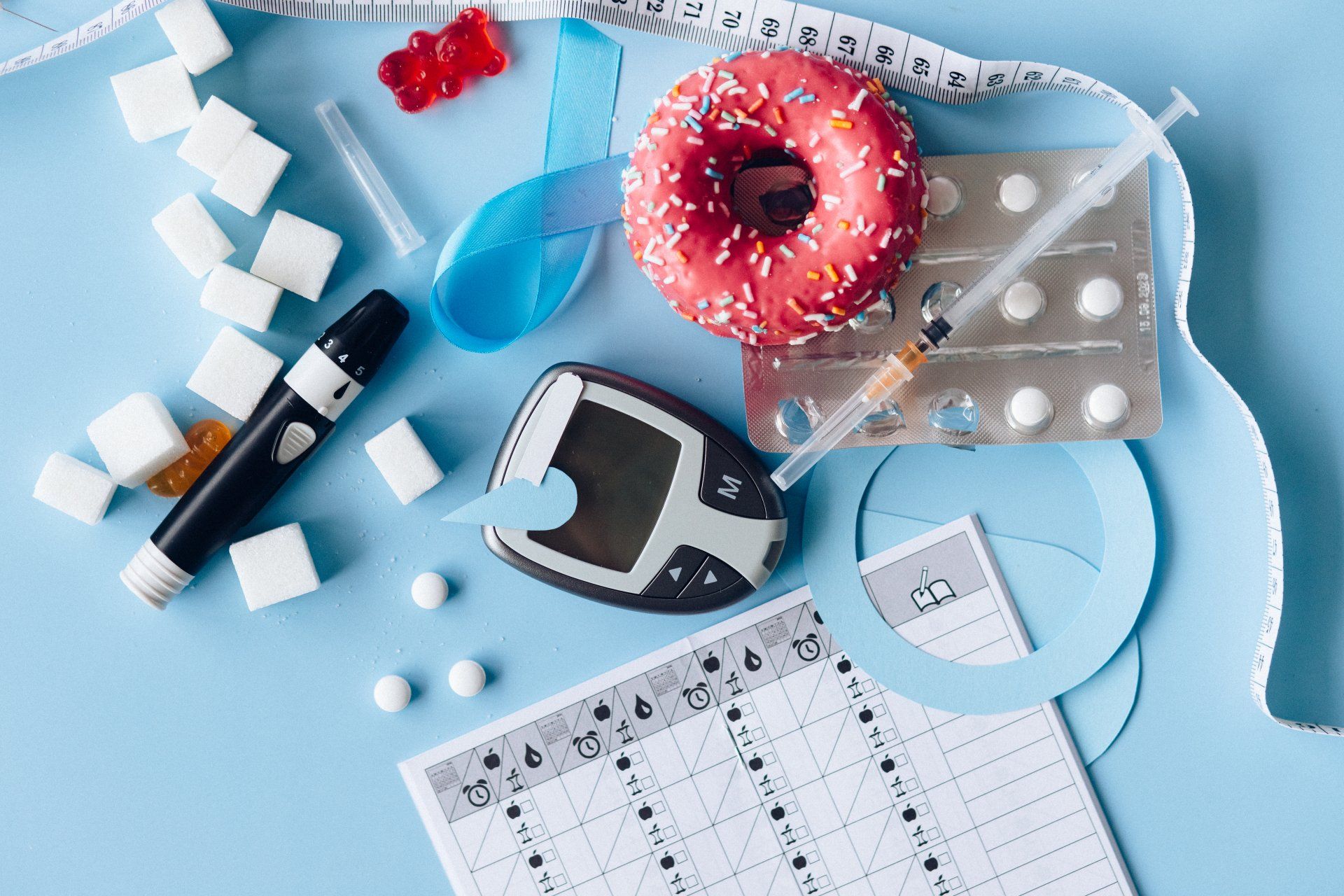Blog Layout
Inflammation and Athletes: Daily part of an athlete’s program to monitor and manage.
DJAB • March 4, 2021
The Potential Issues for Athletes.

Inflammation and Athletes: This is part of an athlete’s program to monitor and manage.
Inflammation is bad, and you have to eat anti-inflammatory foods. I am sure you have heard this statement before. It may not seem like an immediate issue but ignoring inflammation can derail your ability to train and play your best.
What Is Inflammation?
Your experience with inflammation is likely due to an acute injury, such as a sprained ankle. Almost immediately, your ankle swells up and your range of motion is limited. And it hurts.
"After trauma, the body's small blood vessels are damaged. As a result, plasma, fluid, and blood cells leak out into the space outside of the blood vessels. This creates swelling, redness and warmth that most people equate with inflammation."
You cannot begin to recover from an injury until the inflammation subsides. The Rest, Ice, Compression and Elevation method (RICE) is designed to counter subsequent inflammation.
This type of inflammation is immediately apparent. But sometimes, even when you suffer no acute injury and experience no swelling, redness, and warmth, you still might have inflammation.
When you perform an intense or prolonged workout, small micro-tears occur in your muscles. Your body repairs this damage after you are finished. Consider these micro-tears as small injuries, which cause an inflammatory response.
Preventing Inflammation
The easiest way to prevent inflammation—and even reduce it—is to follow a progressive training program that starts slow and gradually increases in difficulty. This method challenges your muscles and promotes strength and size gains without overly stressing your body.
Also, a properly structured training program lets your body recover. A typical program comprises no more than four workouts per week, with rest days between them. You can train more frequently, but make sure to wait 48 hours before reworking a muscle group.
The strength and size gain you experience help fend off acute inflammation-causing injuries. "Reducing inflammation usually means preventing injury."
The Potential Issues for Athletes
Chronic inflammation can lead to serious health issues later in life, but it is predominantly present in people who have unhealthy habits. If you are an active athlete, you are probably fit and have some sense of what constitutes a healthy diet, so this is not a pressing concern.
Normal inflammation caused by a workout is OK. It is a necessary part of the recovery process, and it only affects the muscles you target during your workouts. However, you can run into problems when you push your body too hard. Too much inflammation, and you will reverse your strength and size gains.
The most obvious side effect is delayed-onset muscle soreness (DOMS). DOMS typically occurs when you start a new training program or switch exercise types, like from bodyweight to resistance. Inflammation within your muscles causes a pain response between 24 and 72 hours after your workout.
It is no fun at all, especially if you have to practice or play in a game.
To make matters worse, consistently overtraining with super intense workouts without sufficient recovery leads to chronic inflammation. You experience more aches and pains, your muscles may break down, and you may be more susceptible to illness or injury.
REDUCING INFLAMMATION AND PROMOTING RECOVERY IN ATHLETES
Did you know that inflammation is a normal part of training? After a hard bout of exercise training, inflammation naturally occurs to help athletes’ muscles heal, so athletes can recover and adapt to more difficult workouts as training goes on.
Too much inflammation, though, can become a problem that results from too many hard workouts with not enough focus on recovery nutrition, adequate sleep, and unhealthy diets, and can negatively impact sports performance and compromise immunity, which may lead to days missed from practice or competition. Some athletes may turn to non-steroidal anti-inflammatory drugs (NSAIDs), such as ibuprofen, to decrease inflammation and prevent or reduce pain, but these drugs have been associated with gut damage and may actually impair training adaptations that help athletes recover and get stronger.
Soreness is a part of daily training, but instead of popping NSAIDs, place a bigger emphasis on recovery and fighting inflammation with the following good nutrition and rest tactics:
Make sleep a priority! Muscles are resting and recovering during sleep, and poor sleep can increase inflammation in the body. Increasing sleep to at least 8 hours and/or napping may improve performance, mood, decrease fatigue, and improve reaction times and focus.
Avoid refined carbohydrates, such as white bread and white rice, soda, French fries, and other fried and processed foods such as crispy/fried chicken, pizza, chips, and packaged dessert cakes, which can increase inflammation.
Add extra produce to your plate by eating more fruits and vegetables, which contain antioxidants and phytochemicals that fight inflammation. Include anti-inflammatory foods, such as tart cherry juice, turmeric, and fish oil to your daily diet, especially during heavy training periods.
Increase your consumption of healthy fats by snacking on walnuts, almonds, peanuts, flax seeds, using olive oil on your salads as dressing, and choosing fatty fish such as salmon and tuna for your protein at several meals a week to reduce inflammation.
Limit or avoid alcohol – over-consumption of alcohol can promote inflammation and disrupts sleep, which together can be detrimental to performance over time.
Eat enough calories to account for your physical activity and make sure you are getting the appropriate amounts of carbohydrates, protein, and healthy fats (macronutrients). Not eating enough calories may increase stress hormones and leaves athletes without the energy they need to fight off inflammation and recover properly after a hard workout.
Take your rest days seriously! Rest days after hard practices are an integral part of a training plan that help athletes recover and come into the next practice or competition even stronger. Athletes who are feeling run down, feel like they just cannot recover from their last practice/competition or do not see improvements in their performance should talk to their coach about their training and take a look at their diet and lifestyle choices to see where they can improve.
A sports dietitian can work with your training schedule and current diet to help you meet your performance goals this season by developing a nutrition plan that will help you get stronger, perform better, and stay healthy throughout the season.
️Did you know that........?
EMULIN supports and assists in the management of inflammation with athletes of ALL ages and types of sport...
EMULIN has 3 POWERFUL and UNIQUE ingredients?
🔰CHLOROGENIC ACID ( GREEN COFFEE BEANS)
👍 Powerful anti- oxidant
👍 Helps in weight loss
👍 Improves metabolism
👍 Improves Metabolism
👍 Improves Blood Circulation
👍 Regulates Blood Sugar
👍 Boost energy
👍 Detoxifier
👍 Immune system enhancer
🔰MYRICETIN (GRAPE POMACE)
👍 Fights Cancer
👍 Reduces inflammation
👍 Lowers Cholesterol
👍 Promotes Healthy brain and heart
👍 Promotes vein elasticity
👍 Improves blood circulation
👍 Healthy Skin-.prevent and reverse
👍 UVB-induced damage and wrinkles
🔰QUERCETIN (ONION BULB)
👍 Fights aging and inflammation
👍 Anti Oxidant
👍 Improves immune system
👍 Manages heart and blood vessels
👍 Manages allergies, infection and chronic fatigue
👍 Fights arthritis
👍 Fights other inflammatory related conditions. GOUT, ULCERS, CATARACTS and CANCER
🚨 EMULIN ASSISTS AND SUPPORTS THE BODY AND MAKES NO CLAIMS TO CURE, FIX OR HEAL.
♻️ www.drjosephahrens.com
Thank you for your support in reading this and hopefully, you have found it beneficial.
"Providing Better Health Through Knowledge"

Slide title
Write your caption hereButton
Slide title
Write your caption hereButton
Slide title
Write your caption hereButton
Slide title
Write your caption hereButton
Slide title
Write your caption hereButton
Slide title
Write your caption hereButton
Slide title
Write your caption hereButton
Slide title
Write your caption hereButton
Slide title
Write your caption hereButton

By DJAB
•
April 8, 2022
Glutathione - Collagen - L-Carnitine - Vitamin C
Four ingredients when taken alone can certainly support the body and provide added benefits. However, combined them together and you definitely will have the opportunity to not only feel, but see improvements.
Knowledge is like adding another book to your library.
“People Helping People in Health and Wellness”

By DJAB
•
January 9, 2022
Why Detoxing is Beneficial.
Detoxification — or detox — is a popular buzzword.
It typically implies following a specific diet or using special products that claim to rid your body of toxins, thereby improving health and promoting weight loss.
Fortunately, your body is well-equipped to eliminate toxins and doesn’t require special diets or expensive supplements to do so.
That said, you can enhance your body’s natural detoxification system.
Thank you for your support in reading this article and hopefully, you have found it beneficial.
"Providing Better Health Through Knowledge"

By DJAB
•
November 24, 2021
Many people rely on quick, processed foods for meals and snacks. Since these products often contain added sugar, it makes up a large proportion of their daily calorie intake.
In the US, added sugars account for up to 17% of the total calorie intake of adults and up to 14% for children.
Dietary guidelines suggest limiting calories from added sugar to less than 10% per day.
It is believed that sugar consumption is a major cause of obesity and many chronic diseases, such as type 2 diabetes.
Here are some reasons why eating too much sugar is bad for your health.
Thank you for your support in reading this article and hopefully, you have found it beneficial.
"Providing Better Health Through Knowledge"
Disclaimer: All content and media on this website is created and published online for informational purposes only. It is not intended to be a substitute for professional medical advice and should not be relied on as health or personal advice.
Always seek the guidance of your doctor or other qualified health professional with any questions you may have regarding your health or a medical condition. Never disregard the advice of a medical professional, or delay in seeking it because of something you have read on this website.
"Copyright 2021. Dr. Joseph Ahrens and Logo are trademarks of Dr. Joseph Ahrens LLC. All rights reserved."
